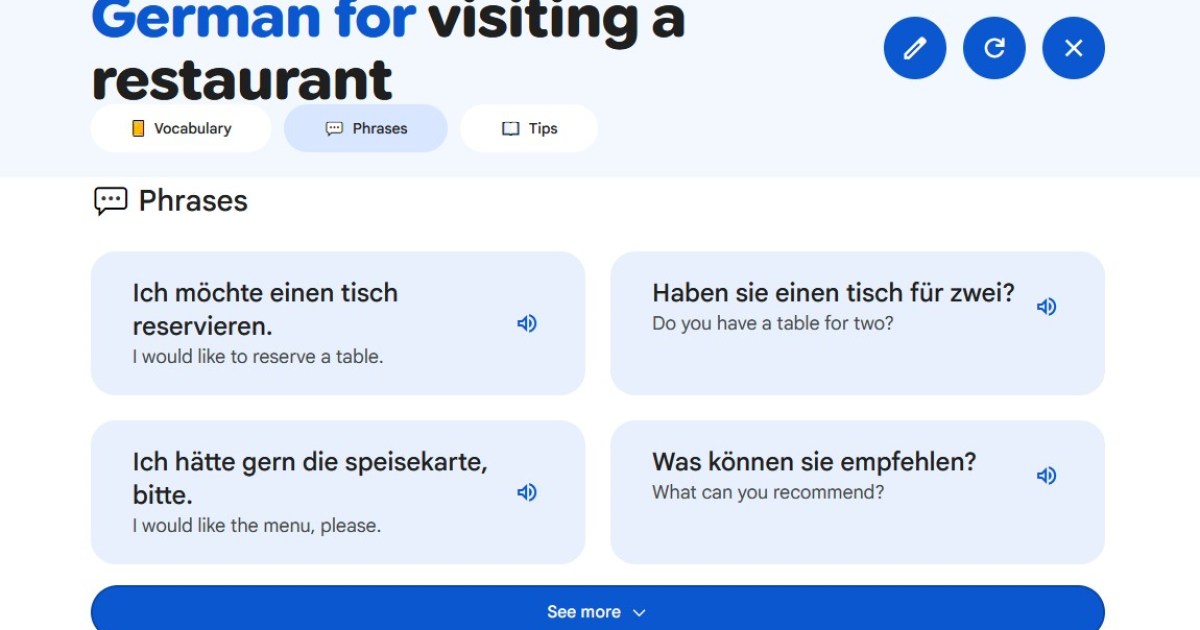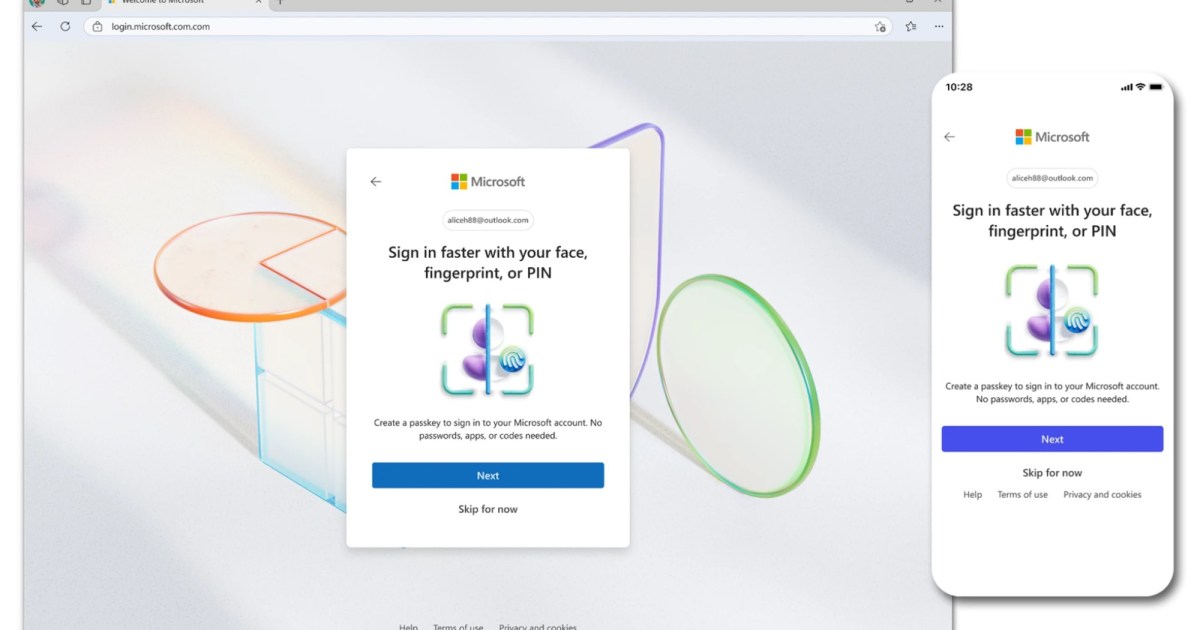Learning a new language can be challenging, despite the popularity of tools like Duolingo. Google is now tackling this challenge with an experimental suite of AI-powered language learning tools called Little Language Lessons, leveraging the power of its Gemini AI models. These tools aim to make learning more engaging and contextual by tailoring language tips to specific real-world situations.
Contextual Learning with Tiny Lessons
The Tiny Lesson experiment allows users to input their target language and a specific context, such as dining at a restaurant, navigating an airport, or dealing with a lost passport. The tool then provides relevant vocabulary, phrases, and helpful cultural tips on politeness and phrasing requests. The “See More” button expands each section to offer a broader overview of key terms and expressions.
Mastering Slang with Slang Hang
Slang Hang focuses on practical conversational skills. It simulates dialogues between native speakers, incorporating slang and casual phrases often omitted from traditional textbooks. A translation option clarifies unfamiliar expressions, helping learners grasp nuances and colloquialisms.
Visual Learning with Word Cam
Word Cam offers a unique visual learning experience. Users can take photos with their phone camera, and the tool identifies objects in the image, displaying their names in the chosen language. This provides a quick and relevant vocabulary boost based on real-world surroundings.
Supported Languages and Dialects
Currently, Little Language Lessons supports a limited but growing number of languages, including Chinese, French, Spanish, German, English, Portuguese, and Russian. Certain languages, such as German and Spanish, offer dialect options (Austrian and Argentinian, respectively) for more precise localization.
Try Little Language Lessons
You can explore these experimental language learning tools on Google Labs. As this is an early-stage experiment utilizing AI-generated content, Google advises users to verify information with reliable sources.











